Tunisia Travel Guide, From broad sweeps of beach, overlooked by a tumble of sugar cube houses, to grand ancient ruins, and the vast, rolling dunes of the Sahara; Tunisia is a fusion of everything that makes North Africa enticing. It may be most famous as a summer beach break destination but there’s something for everyone here.
Lose your way by following the scent of spice amid the twisting maze of medina alleyways in Tunis or Kairouan to stumble upon remnants of grand Ottoman glory. Stand on the edge of the glittering Chott El Jerid salt pan to see the silver crust shimmer mirror-like as it stretches boundlessly across the land. Walk through the underground tunnel of El Jem to arrive in the middle of the amphitheatre arena, the way the gladiators of Rome once entered this mighty colosseum. Or hoist yourself onto the high camel saddle and venture out into the desert dunes. It’s no wonder Tunisia is such a favoured spot for shooting movies. The diversity of landscapes and experiences, over such a small nation, is its greatest appeal.
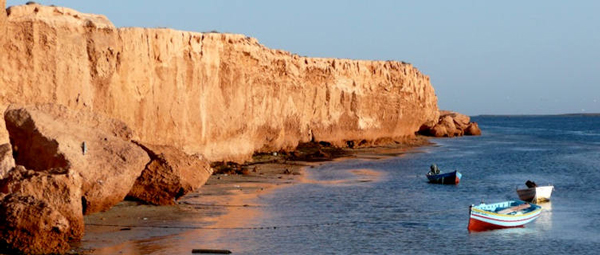
Traditionally seen as North Africa at its most laid-back, Tunisia manages a delicate balancing act between traditional Islamic culture and the encroaching tide of modernity. Gender equality rights are written into the constitution, alcohol is freely available, and the state and religion are treated as two separate entities. But that’s not to say that the fascinating rhythms of the Islamic world have disappeared.
Sit down at a street side cafe after the last notes of the muezzin’s evening call to prayer have faded. Then sink into a hypnotic stupor of apple-scented shisha smoking while old men slam tiles onto the surrounding tables in a clatter of competitive domino playing. Get scrubbed, rubbed and steamed until your skin is smooth and pink, upon a marble slab, under the tiled domes of a centuries-old hammam. Haggle your heart out with the craft vendors in the souks, consuming dozens of tiny glasses of mint tea while you barter for the best price. The age-old customs and traditions of Tunisian life are still alive and well for those who wish to look for them.
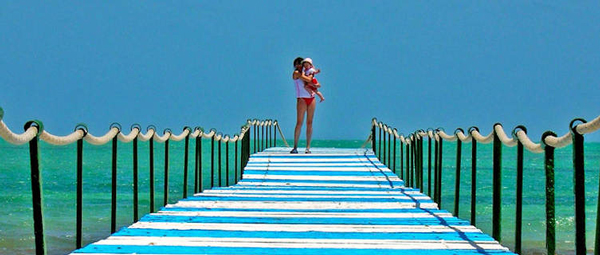
It is the beach life though that most visitors come here for and the sun-dappled Tunisian coast doesn’t disappoint. Straddling the Mediterranean, the long, rambling coastline has something for every kind of beach-lover. There are modern resort towns boasting all the facilities sun-seekers need, perfect for families looking for an easy summer escape. And there is the gentler pace of the tiny coastal villages with cobblestone streets framed by walls of flowing bourganvillia and jasmine that lead down to the sea.
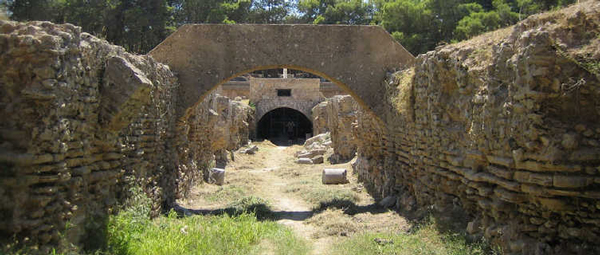
The Tunisian Revolution of 2011 may have kept the tourists off the beaches and out of the monuments for a while, but it’s not hard to see why they’re coming back. As a destination, Tunisia balances natural beauty with a pulse-quickening – at times turbulent – energy; a place where you can have as relaxed, or as adventurous a trip as you decide. If you’re looking for an evocative taste of North Africa you’re in the right place.
Political situation
Tunisia has experienced unprecedented political and social change since its revolution in January 2011. Legislative elections took place in October 2014, and Beji Caid Essebsi became the country’s first democratically elected President in December 2014. A new government was approved in parliament on 5 February 2015.
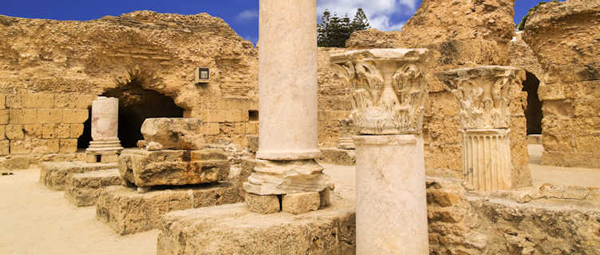
Demonstrations sparked by political, religious or economic tensions may still occur. They can happen at any time and anywhere. Most protests are peaceful but some have affected key services and there are occasional incidents of violence and damage to property. There have also been incidents of protest on major roads designed to cause traffic delays and disruption. While demonstrations are not normally aimed at foreigners, international events can trigger anti-western protests.
You should keep up to date with developments, avoid all protests and places where large crowds gatherings, and follow instructions given by the security authorities, your tour operator or hotel.
Border areas
There is a heightened Tunisian security presence at the borders with Libya and Algeria due to cross border terrorist activity and fighting in Libya. Border crossings are sometimes closed temporarily without notice. Recent events in Libya have seen large numbers of refugees crossing into Tunisia, leading to significant delays. Some violent incidents have occurred. In December Libyan Operation Dignity forces carried out air raids on the Libyan side of the border close to the Ras Ajdir crossing point.
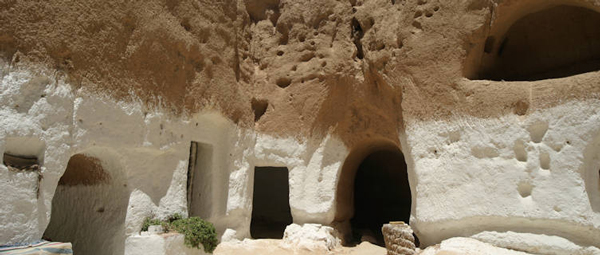
The FCO advise against all travel within 5 km of the Libyan border from north of Dhehiba to south of Ras Ajdir, and against all travel through border crossing points to Algeria at Ghardimaou, Hazoua and Sakiet Sidi Youssef.
The FCO advise against all but essential travel through the border at Ras Ajdir, and against all but essential travel to within 30 km of Tunisia’s borders with Algeria south of and including the town of Jendouba. Consult local authorities before travelling to the borders and check the FCO travel advice for Libya and Algeria.
Chaambi mountains
The FCO advise against all travel to the Chaambi Mountain National Park area where Tunisian Security Forces continue to conduct security operations. Security personnel have been killed and severely wounded in attacks and by booby-trap explosives in this area.
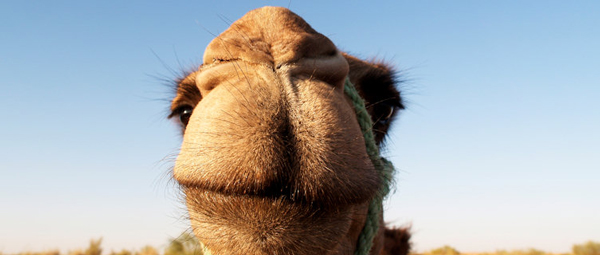
Crime
Incidents of mugging, pick pocketing, bag-snatching and petty theft occur. Take sensible precautions to protect yourself and your belongings. Where possible, avoid carrying all your important documents, money and other valuables in the same bag. You should remain alert to potential confidence tricks.
Personal attacks are rare but they do occur. Harassment of foreign women, including uninvited physical contact, appears to be increasing. Four cases of sexual assault were reported to British consular staff in Tunisia in 2014. Women should maintain at least the same level of personal security awareness as in the UK and should avoid going to secluded areas alone.
Rail travel
Rail travel is generally safe but there is a risk of petty crime on trains.
Road travel
Driving standards are erratic. There is very little lane discipline and often confusion about the right of way, especially at roundabouts. There are few pedestrian crossings and traffic lights are sometimes ignored. Take care when driving in towns as pedestrians tend to walk on the roads and have the right of way. Take particular care when crossing roads on foot, even where there is a signal allowing you to do so.
Roads are generally of a reasonable standard although large pot-holes can appear quickly following heavy rain.


0 Comments